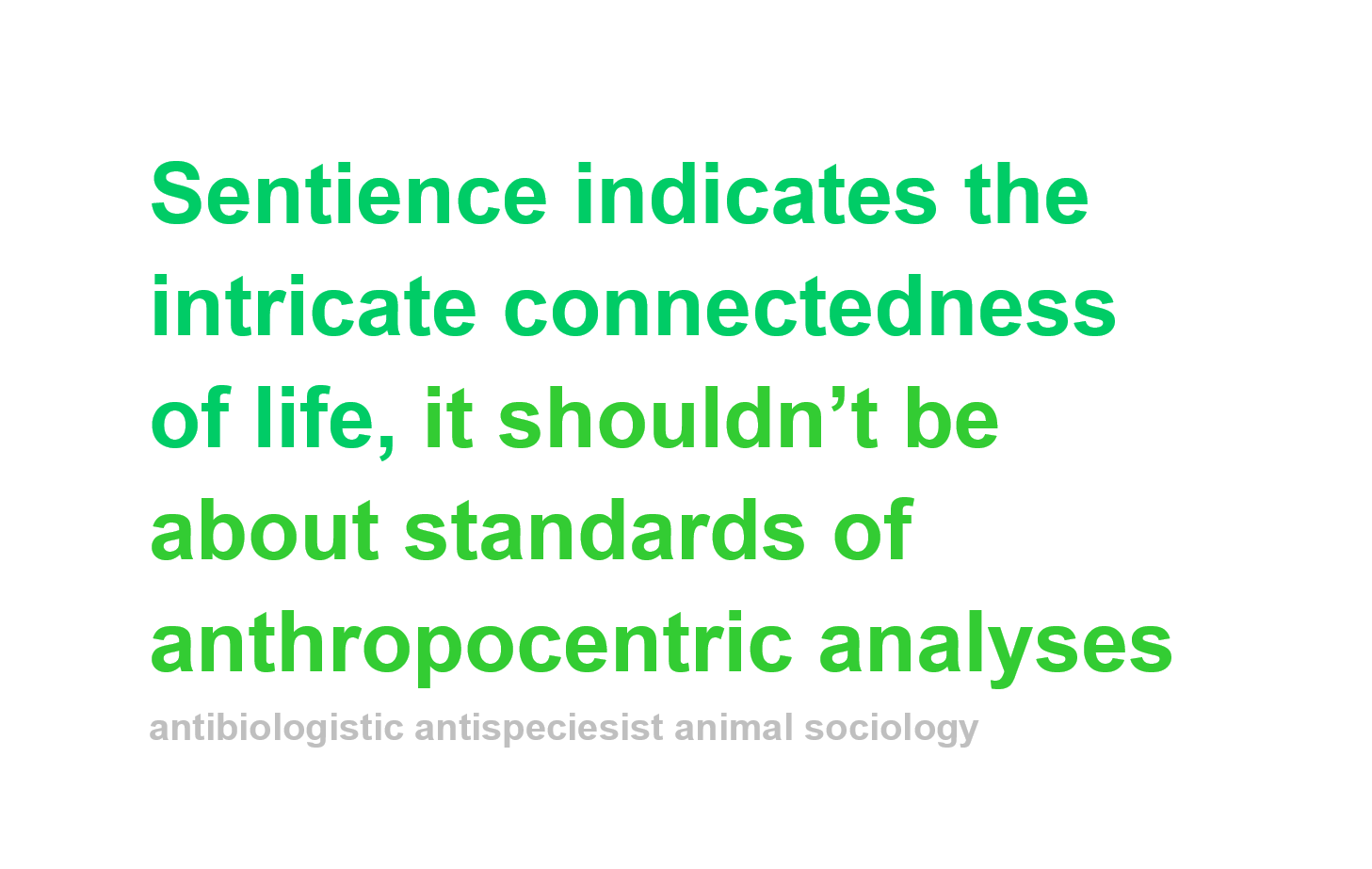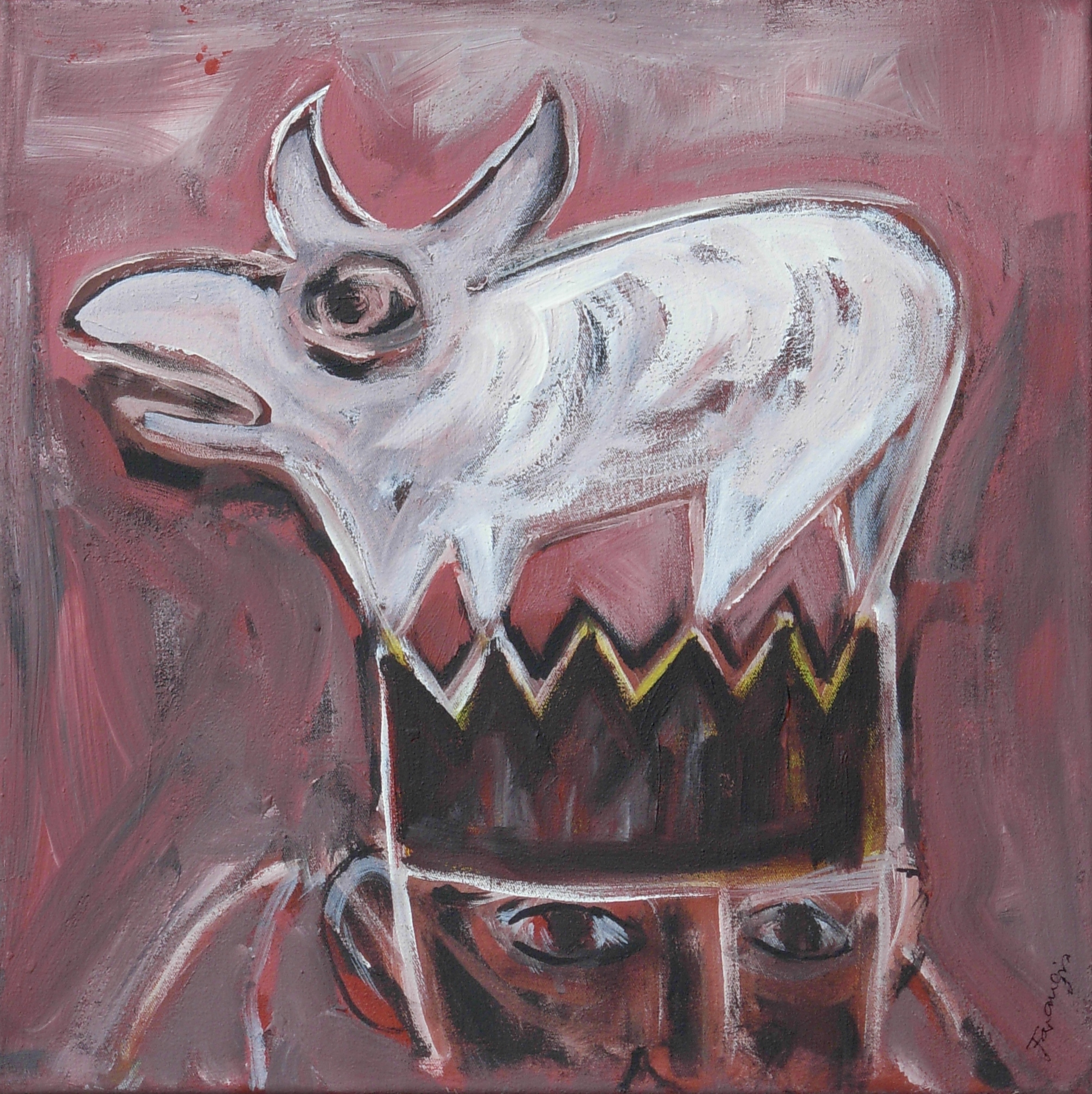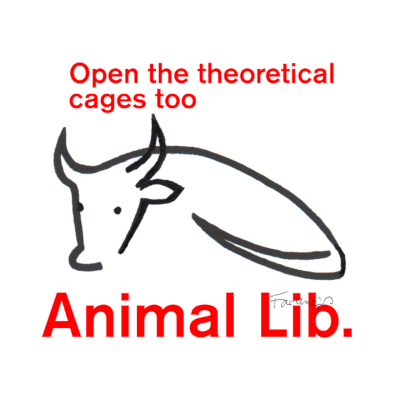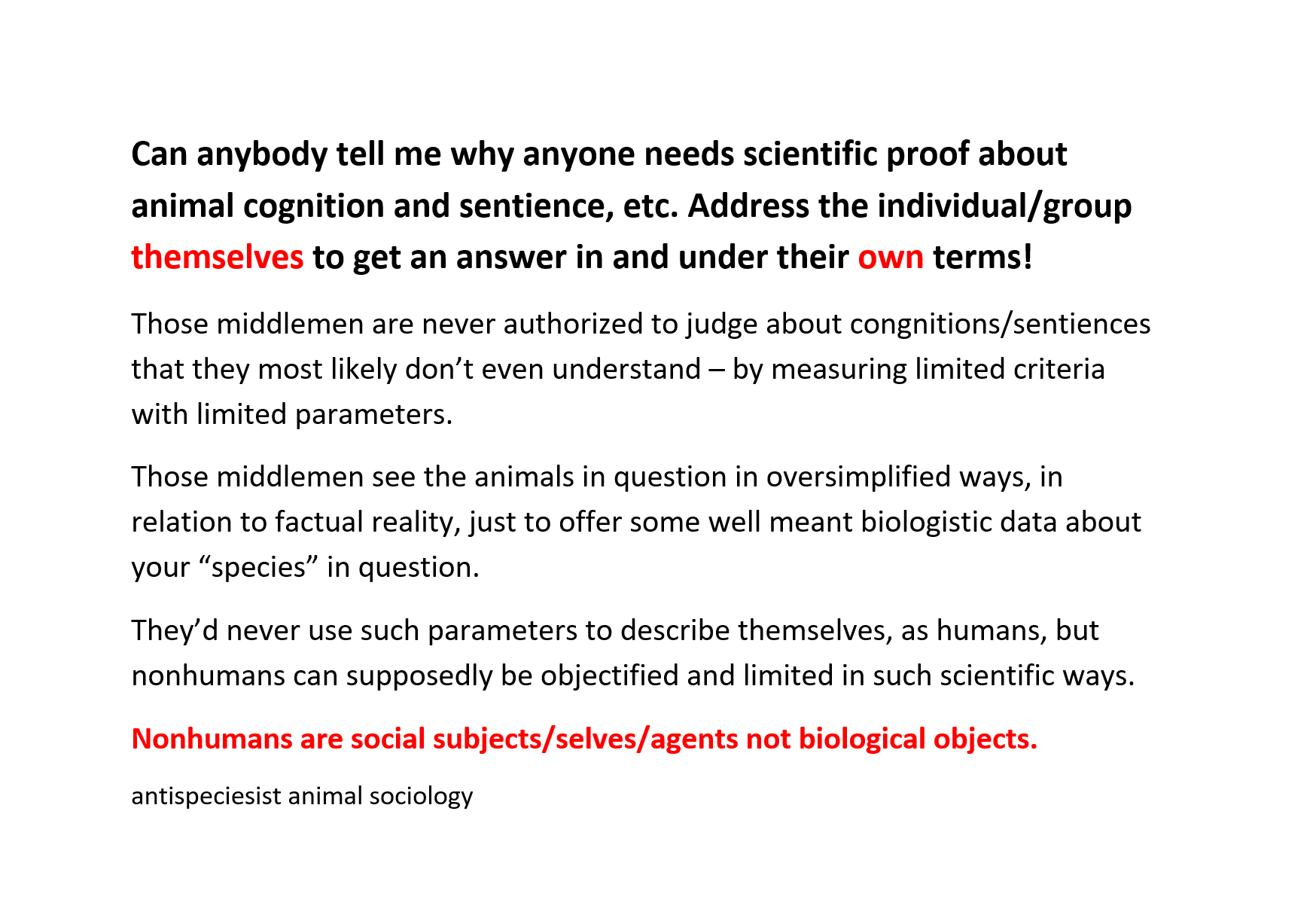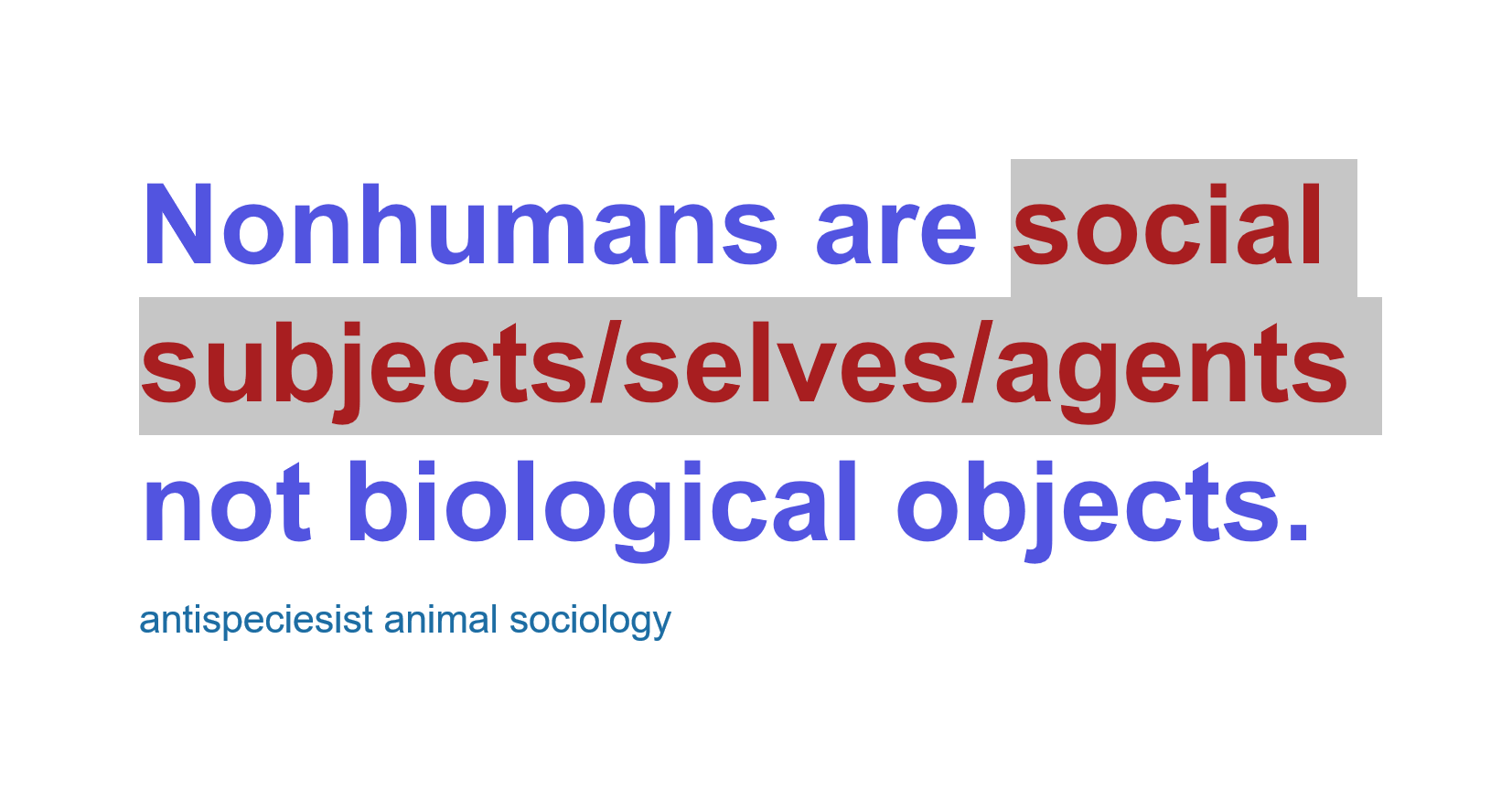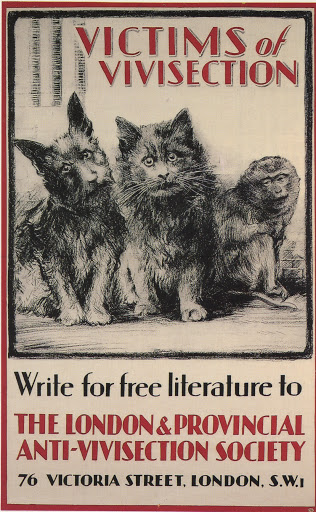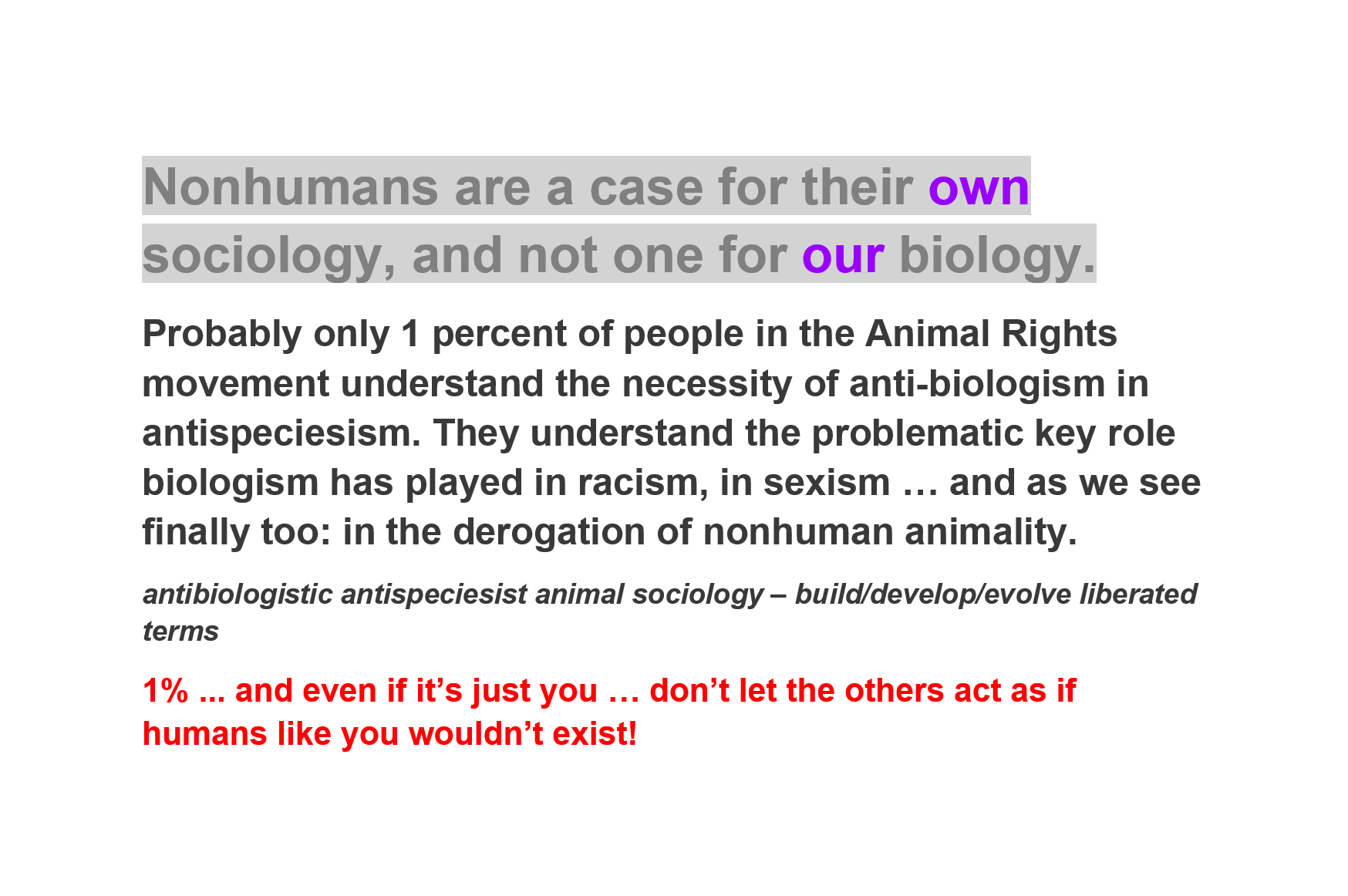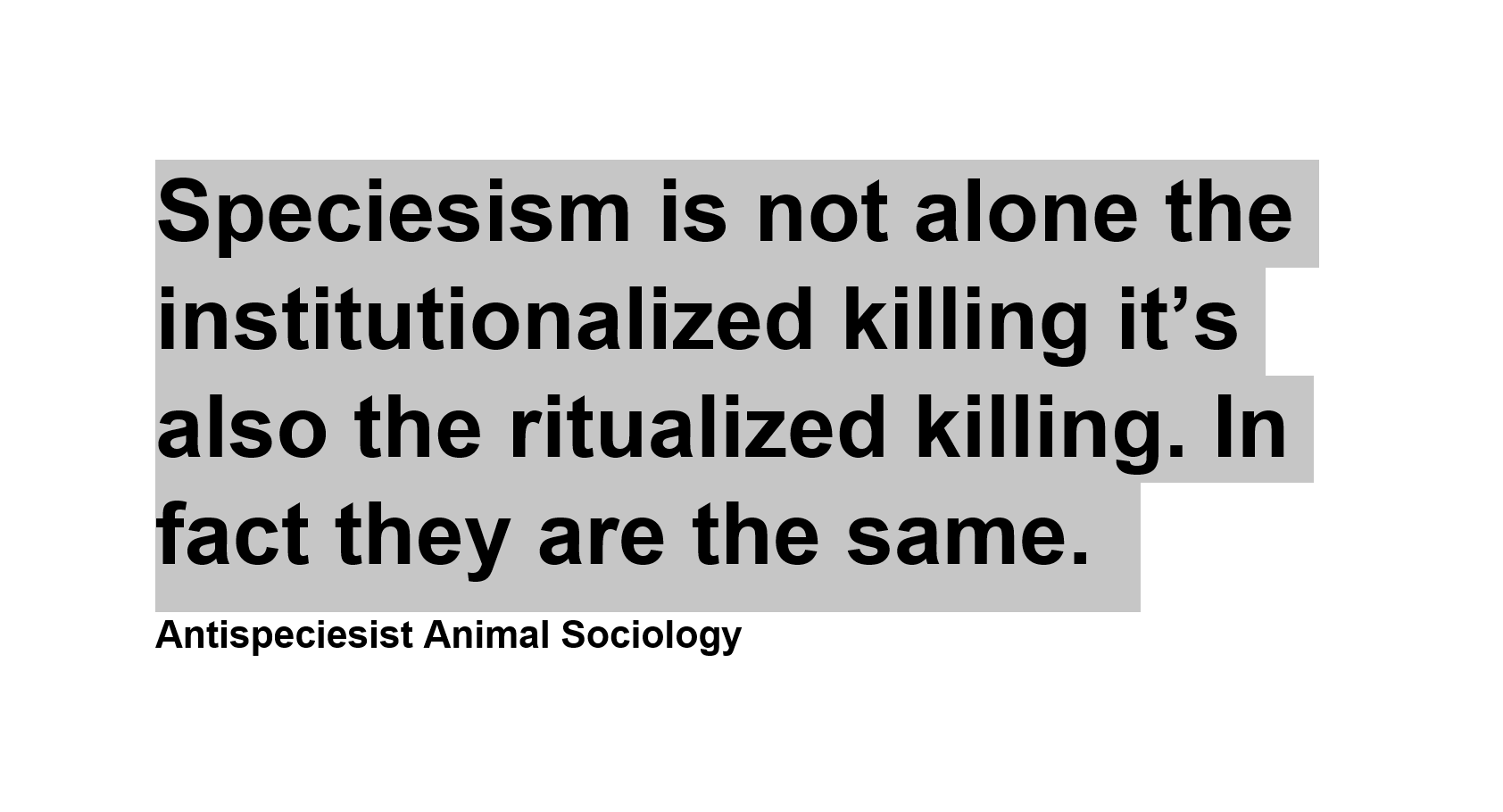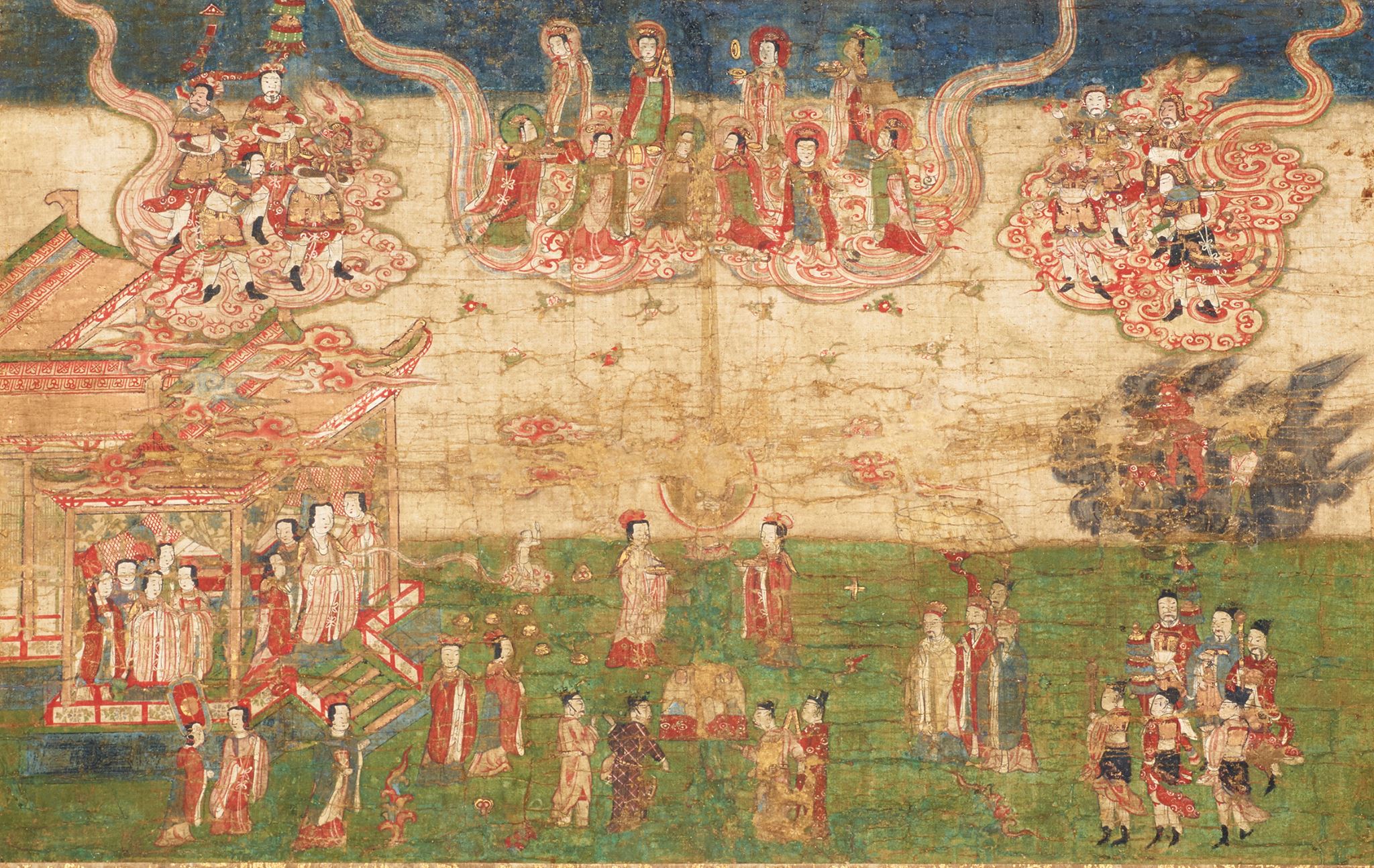
Mani and the Manichaeans >
Why the Manichaeans Abstained from Animal Food
> Against the Manichaeans, Augustine of Hippo
St. Augustin: The Writings Against the Manichaeans and Against the Donatists, vol 4 of A Select Library of the Nicene and Post-Nicene Fathers of the Christian Church, ed. Philip Schaff (Buffalo, 1887; Google Books: Online Library of Free eBooks).
Much of which is known about “Why the Manichaeans Abstained from Animal Food,” is related by St. Augustin in his Writings Against the Manichaeans from 368-402.
Augustin informs us that the Manichaens in “abstaining from the slaughter of animals and from injuring plants” called “the destruction of a tree or of an animal murder,” with the belief that “in the case of men, we have a community of rights…the same in the case of beasts and trees.” (84)
Flesh, you [Manichaeans] say, is made up of pollution itself. (79)
[According to the Manichaeans] part of God…exists in corn, beans, cabbage, and flowers and fruits. From the beauty of the color…and the sweetness of the taste; this is evident; and as these are not found in rotten substances, we learn that their good has been taken from them. (80)
You [Manichaeans] do not eat flesh, and so your followers must not slaughter animals. (84)…You make this slaughter unlawful even for your followers. (86)
The [Manichaeans] story…is that the heavenly princes who were taken from the race of darkness and bound, and have a place assigned them in this region by the Creator of the world, have animals on earth specially belonging to them, each having those coming form his own stock and class; and they hold the slaughters of those animals guilty, and do not allow them to leave the earth, but harass them as much as they can with pains and torments. (85)
What [Manichaeans] object to in sacrifice is the slaughter of animals.…You [Manichaeans] are merciful to beasts, believing them to contain the souls of human beings. (169).
Augustine asks why “if you [Manichaeans] will not eat flesh why should you not slay animals in sacrifice to your God, in order that their souls, which you hold to be not only human, but do divine as to be members of God Himself, may be released from the confinement of flesh, and be saved from returning by the efficacy of your prayers? Happy vegetables, that, torn up with the hand, cut with knives, tortured in fire, ground by teeth, yet reach alive the altars of your intestines! Unhappy sheep and oxen, that are not so tenacious of life, and therefore are refused entrance into your bodies! Such is the absurdity of your notions.…Why do they not act up to their opinions about other things as well as about animals? Why do they not abstain altogether, and starve themselves to death, instead of persisting in their blasphemies? (170-171)
You [Manichaeans] consider it a crime to kill animals, because…the souls of men pass into them.…[Gentile philosophers] dreaded slaughtering a relative in the animal; but you dread the slaughter of your god, for you hold even the souls of animals to be his members. (261)
And although at first the following two passages might suggest that Augustine was an abstainer of animal food himself, a few lines at the end of the paragraph as well as his continued tirades against “the Manichaeans prohibition against the use of flesh,” confirm that this is not the case.
Many who are strong [abstain] for the sake of the weak; with many the reason for so doing is…but that they may have a cheaper diet, and may lead a life of greatest tranquillity, with the least expensive provision for the support of the body.…Those, then who are able, and they are without number, abstain both from flesh and from wine for two reasons; either for the weakness of their brethren, or for their own liberty. Charity is principally attended to. There is charity in their choice of diet, charity in their speech, charity in their dress, charity in their looks. Charity is the point where they meet, and the plan by which they act. To transgress against charity is thought criminal, like transgressing against God. Whatever opposes this is attacked and expelled; whatever injures it is not allowed to continue for a single day. (61)
It is clear, then, I think for what end we should abstain from flesh and wine. The end is threefold; to check indulgence, which is mostly practiced in this sort of food, and in this kind of drink goes in length of intoxication; to protect weakness, on account of the things that are sacrifices and offered in libation; and, what is most praiseworthy of all, from love, not to offend the weakness of those more feeble than ourselves, who abstain from all things.…Prove then to me your doctrine that flesh eating defiles the eater, when it is taken without offending any one, without any weak notions and without any excuses. (79)
